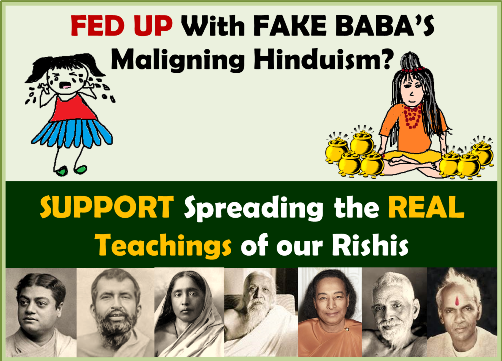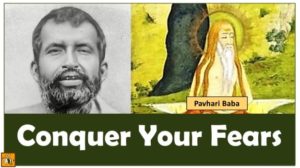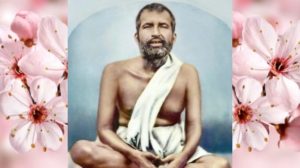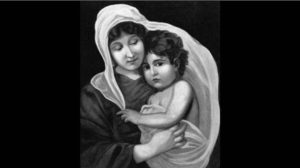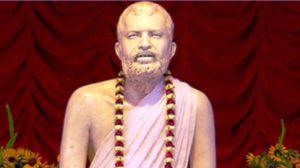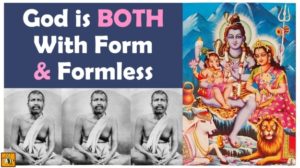Caste prejudices unfortunately dominated India in Sarada Ma and Sri Ramakrishna’s time. Not just sections of Hindus, but even Muslims were treated as untouchables and food touched or cooked by them was not eaten by upper caste Hindus. Foreigners too were considered as Mlecchas (barbarians) and not worth mingling with. In fact if a high caste Hindu crossed the ocean and went to a foreign land, he was thrown out of his caste. Such was the ignorant cruel-heartedness of Hindu society in those days.
But as the enclosed incidents show, the Holy Mother Sarada Ma shunned these caste prejudices and whole-heartedly accepted all as her dearest children. These incidents have been taken from an article titled: “At the Feet of the Holy Mother” which was published in the Prabuddha Bharata Magazine in December 1959.
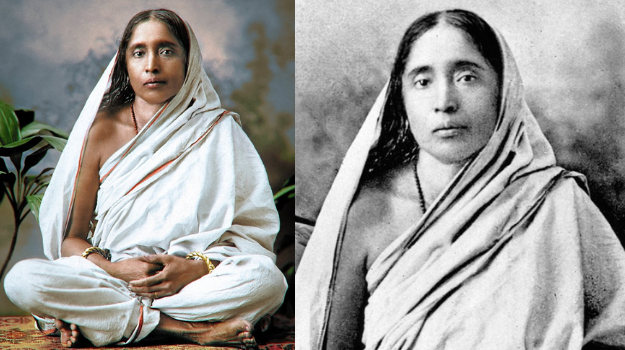
– Holy Mother, Sarada Ma
The love of the mother is all-encompassing. It cannot display any segments of exclusiveness, preference, or hierarchy. A mother is mother to all her children. And the Holy Mother Sarada Ma was ‘Mother’ to every man, woman, and child that came to her.
The motherly affection in her was always uppermost. Her solicitude for all who sought refuge in her was unlimited. Whoever came to her felt that here was one, dearer than their own kith and kin, before whom they could unburden their minds and to whom they could confide their innermost thoughts.
The Holy Mother, too, bestowed her love and grace on one and all, without any distinction of rank or race, caste or creed. The following few instances, taken at random from among scores of them, reveal this aspect of the Holy Mother’s maternal solicitude in a very conspicuous manner.
Holy Mother’s Solicitude for Her Muslim Children
When the Holy Mother’s house at Jayrambati was being built, a number of Muslims of a nearby village were engaged as labourers. As these labourers had a bad record previously, there was some consternation among the villagers when they saw them at work in the Holy Mother’s house. But she remained unperturbed.
Not merely that. One day, when one of these Muslims took some bananas to her and said, ‘Mother, I have brought these for the Master. Would you accept them?’ the Holy Mother accepted the offering very gladly.
On another occasion, the Holy Mother took one of these Muslims – Amzad by name – into her house for a meal. When Amzad had finished his meal, the Mother tidied up the place herself, and washed his plate. At this, Nalini Devi, her orthodox niece, loudly protested and cried out, ‘O dear aunt, you lose your caste thereby!’ But the Mother cut her short saying, ‘Keep quiet. Even this Amzad is as truly my son as my Sharat (Swami Saradananada) himself is’.
Holy Mother’s Forgiveness of Bad Conduct of Others
Once the Holy Mother was requested not to allow a certain young disciple to come to her presence because of some misconduct on his part. But the mother in her would not listen to the request. She tenderly said: ‘If my child gets covered with mud or dust, is it not my duty to cleanse him and take him on my lap?’
When a woman who had not led a very chaste life went to her in a mood of sincere repentance and made an unreserved confession of her sins, the Holy Mother embraced her with great warmth of feeling, uttering these words of assurance and consolation: ‘Don’t despair for whatever you have done. You will get over all your sinful tendencies’. The Holy Mother also gave her initiation and instructed her in spiritual practices.
Holy Mother’s Love For the Western Children of Sri Ramakrishna
When Western disciples began to come to her, after Swami Vivekananda’s successful mission in the West, she accepted them all naturally and spontaneously as her own saying, ‘Those people are also my children’. She mixed with them freely and even ate and slept with them, looking upon them as belonging to the spiritual family of Sri Ramakrishna.
These instances that have been cited above are not merely passing events in the life of the Holy Mother. They are the tangible and significant pointers to the large-heartedness, liberal-mindedness, all-comprehensive vision, and, above all, the motherly affection she possessed for all. Maternal love and solicitude were the wrap and the weft of her being.

